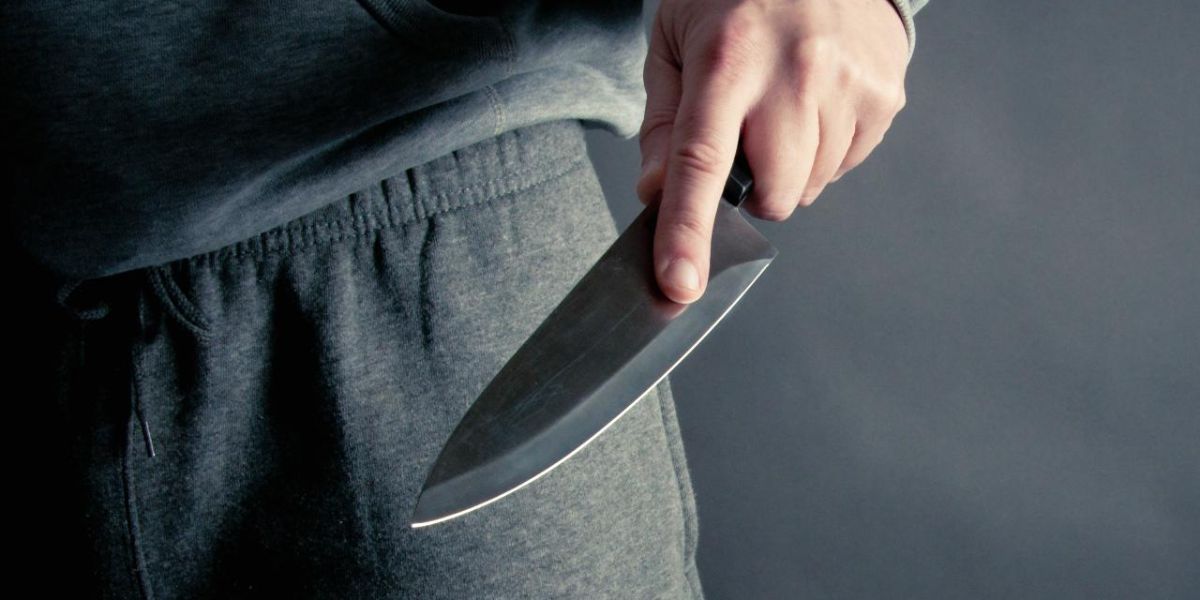Navigating Michigan’s Knife Laws: A Guide for Residents and Visitors
Pocket knives are extremely flexible instruments that are utilized by a wide range of people for everyday jobs, outdoor experiences, and even as collectibles. However, the legality of carrying and using these tools varies greatly throughout the United States. Michigan has its own set of pocket knife rules and regulations, which residents and visitors must learn to avoid legal issues.
Michigan’s Knife Laws
Michigan’s knife regulations can be somewhat complicated. The relevant statutes include:
- MCL 750.224a: Covers the creation, sale, or possession of hazardous weapons to use them unlawfully against another person.
- MCL 750.226: Carrying a dangerous weapon with an illegal purpose is prohibited.
- MCL 750.227 prohibits carrying a hidden dangerous weapon.
According to Michigan law, a “dangerous weapon” might include a knife, depending on the blade length and how it is carried.
- Blade Length: While Michigan does not have an explicit blade length restriction for pocket knives, a longer blade may enhance the likelihood that a knife may be considered a dangerous weapon, particularly if carried for illegal purposes.
- Types of Knives: Certain types of knives are generally outlawed in Michigan. These include switchblades (automatic knives), OTF knives, stabbing knives with double edges, and gravity knives.
- Open Carry vs. Concealed Carry: In Michigan, carrying a folding pocket knife in an open way (e.g., clipped to a visible pocket) is generally legal. However, if the knife is carried in a fashion that is not apparent (for example, deep inside a pocket or in a bag), it may be regarded as a concealed weapon.
City-Specific Ordinances
In addition to state regulations, certain Michigan cities and municipalities have their own knife-related ordinances. These local laws may be more restrictive than state laws.
- Detroit has tougher knife rules, including potential limits on blade length and open carry in specific places.
Ann Arbor: There may be restrictions on carrying knives in schools or other designated public areas. - Grand Rapids: The sale and exhibition of knives may be subject to city legislation.
Before traveling within Michigan, make sure to verify local ordinances for the cities you’ll be visiting.
Exceptions to the Law
There are occasions where possessing and carrying a knife that would ordinarily be prohibited is tolerated.
Hunting and Fishing: Knives used for lawful hunting and fishing are typically exempt from limitations.
Work-Related Use: If you need a knife for your job (e.g., as a construction worker or electrician), you are normally allowed to carry it during working hours.
Penalties and Consequences
Violating Michigan’s knife rules can result in significant consequences. Depending on the circumstances and if the knife is deemed a dangerous weapon, charges could vary from misdemeanors to felonies:
- Misdemeanors: Misdemeanors can result in lower fines and up to a year in jail.
- Felonies: Felony charges can result in large penalties and several years in prison.
Aside from penalties and jail, a conviction may result in limits on your rights, such as the loss of gun ownership privileges.
Self-defense and Pocket Knives in Michigan
Michigan has “stand-your-ground” and “castle doctrine” laws that allow limited leeway for self-defense. However, employing a knife in self-defense is a complicated subject. Here are some crucial issues to consider.
- Duty to Retreat: There is no general duty to retreat in Michigan, which means you may not be legally required to evacuate before exercising self-defense if certain criteria are met.
- Proportionality: Force in self-defense must be proportionate to the perceived threat. Using a knife on an unarmed attacker is unlikely to be justified.
- Imminent Danger: Before employing deadly force, including a knife, you must have a reasonable belief that your or another person’s life is in imminent danger.
What to do When You Interact with Law Enforcement
If questioned by law police about carrying a pocket knife, consider the following guidelines:
- Maintain Calm and Respect: Avoid engaging in contentious behavior or escalating the matter.
- Your rights: You have the right to remain silent and seek for an attorney. It is typically recommended that you should not answer questions without the assistance of a lawyer, especially ones that could lead to self-incrimination.
- Comply with requests: If you are requested to relinquish your knife, comply with the instructions.











